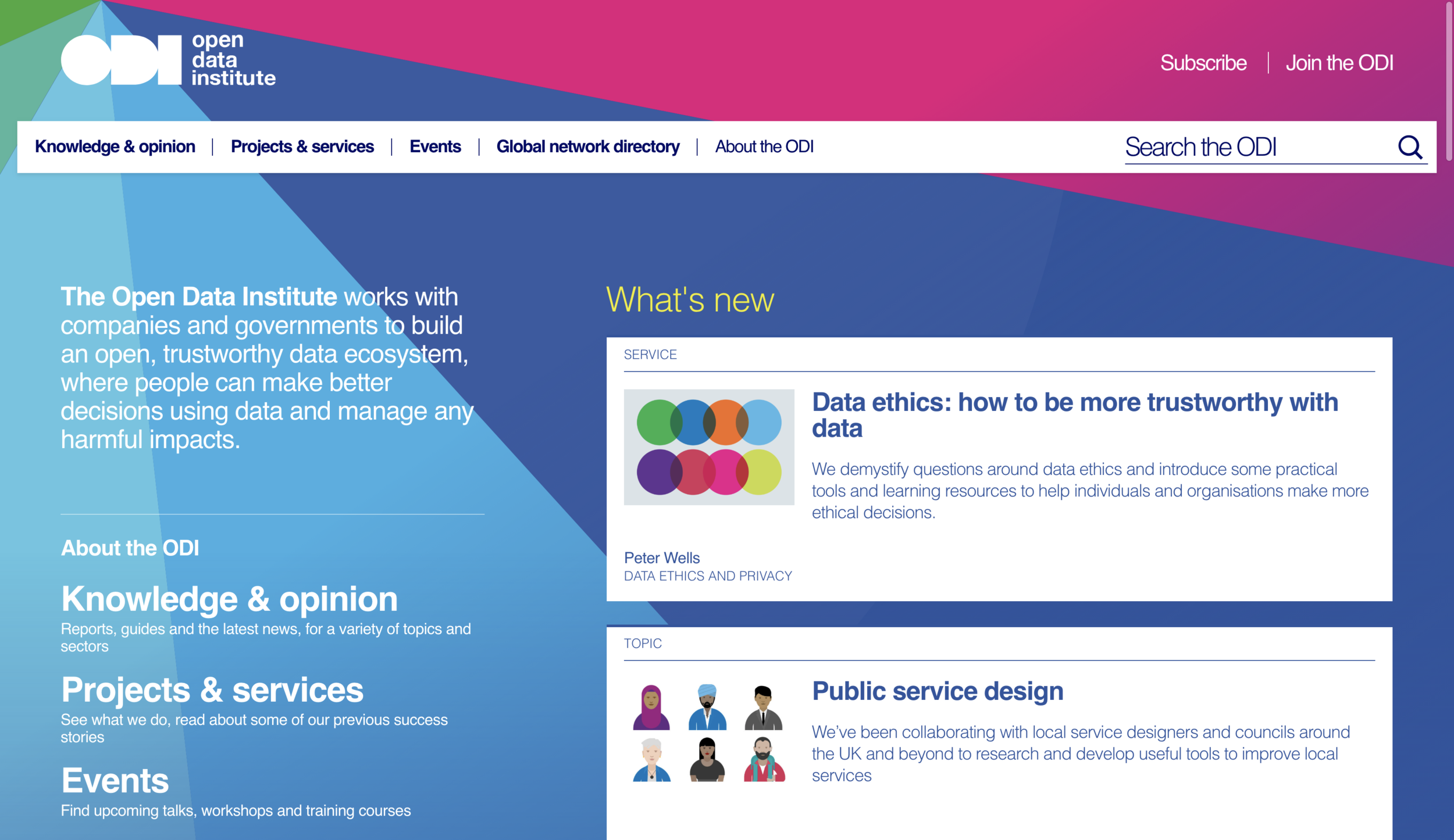Polluters get a free ride. That needs to change.
Today, global GDP is $80 trillion or so. However, all of the externalities that we have created in the process are not on the balance sheet. By bringing ethics and economics together, we can begin to account for externalities, and thereby we can create a more sustainable and equitable form of market economy.
Externalities describe the effects when someone does something that affects others who are unrelated to that transaction or behaviour. People in other places, in the present, as well as in the future, must pay the costs that we defer to them.
The result: Vast unfunded externalities are not on the balance sheet. All kinds of horrible effects have not been accounted for. Our system of economics encourages us to turn a blind eye to what must be paid by others – we privatize profits and socialise costs to the commons. We have, in a sense, cheated our way into a nice, comfortable life -- for some of us, anyway -- by not paying our dues.
For example, the legacy of Tetraethyllead and lead-based paint chips are still damaging the brains of inner-city children today, decades after we stopping using it. The behaviour has reformed (thank goodness), yet the pollution remains, and will stay there for generations to come.
Good governance is concerned with the management and accounting of externalities, but it’s generally done after the fact. Somebody creates a huge mess, and then an authority declares that the offender must pay a fine. This means that only the most gross effects tend to be noticed and policed, assuming that the authorities cannot be bought off.
We have mastered the art of producing things of terrific complexity at immense scale cheaply. However, the art of consuming in clean and fair ways are lagging behind. We must do better.
The confluence of Machine Intelligence, Machine Economics (e.g. distributed ledger technology), and the emerging domain of Machine Ethics, herald an opportunity to do so. These technologies together will finally enable us to calculate and predict externality effects in a way that is transparent and accountable.
We will, in the 2020s and 2030s, be able to start accounting for externalities in society for the very first time. We can include externalities within pricing mechanisms, to make people pay for them at the point of purchase, not after the fact. Therefore, products or services that don’t create so many externalities in the world, will, all things being equal, be a little bit cheaper. We can create economic incentives to be kinder to people and planet; we can enable people to profit from being kind. We can do this in a manner that champions the concerns of all political interests, and moves beyond polarized initiatives.
Let’s start a conversation on the prospect of a Moonshot goal to advance Automated Externality Accounting technology and coordination, to enable these technologies to be deployable by the year 2030, so that we can empower our global citizenry to achieve the Sustainable Development Goals by 2030.
The elements necessary to achieve this already exist; We simply need to integrate them. Let’s create an alliance of service providers each playing a role in this growing Automated Externality Accounting movement, for mutual strength and support, as we teach the world about this peaceful reformation of economic interdependence and cost allocation.
Thank you.
– Eleanor 'Nell' Watson et al.
Changemakers in this space
We aim to support greater interoperability and cohesion between initiatives such as:
with our Special Thanks to THE Novus Summit at the un general assembly, NESTA, CODEX, and the ROYAL SOCIETY.




“Civilization advances by extending the number of important operations which we can perform without thinking about them.”










































